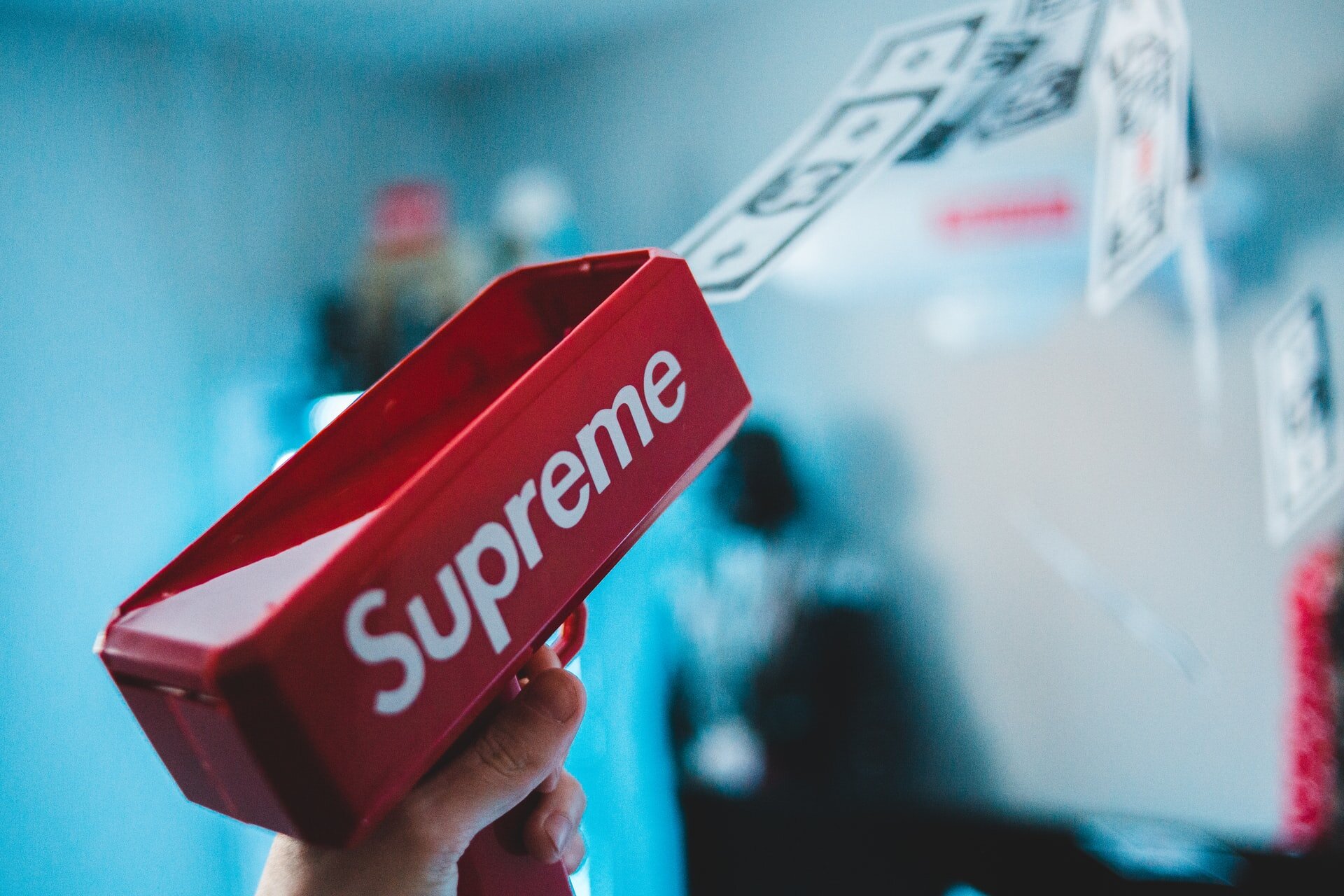3 Real Ways to Make Money with Music Right Now

Most articles I’ve read on how to make money as a musician miss the point. They tell me I should sell merch, start a YouTube channel, do crowdfunding… Those might work in the long run, but for a music producer, it’s pretty much wishful thinking. It’s always good to invest in something that will profit in many years, but I also need to make money, like, right now.
Of course, making money isn’t an absolute goal for every artist, and it shouldn’t be the main goal for any artist ever. You can take music production very seriously and create great work while having a completely different career from 9 to 5. The only reason to make money in the first place is to do what you love as much as possible, and one shouldn’t do what they love just to make money.
You feel me? Alright, I just needed to say that.
So, here are the few ways I’ve been making cash since I quit my day job and became a professional musician. I’ll let you in on my secrets, but keep in mind I’m not a wizard of the music industry, so I might get some fact wrongs. But my heart's in the right place.
1. Royalties
Royalties have been a BIG source of income for me.
The money I’ve been living on comes mainly from 3 sources. I make money on the publishing side (the composition), the masters side (the actual recording), and the performer’s side (the fact that I’m playing the instruments you hear on the track).
In my case, publishing isn’t all that significant, but masters and performers royalties have been buttering my bread since I got a few songs on satellite radio. To collect those, you have to make sure you’re registered at the organizations that collect them (those vary, depending on the country you live in).
At the moment, the biggest challenge for me is to get on the radio. There are people whose sole job is to pitch my music to stations, they are called radio trackers. If you self-release music, I suggest you find a young whipper-snapper that’s trying to get their radio tracking services off the ground. They’ll work extra hard for a fair price, and your success will be their success too.
You don’t need to wait for a label or an agent to discover you before you get started, or maybe ever. And if you’re dead set on getting a label, being profitable is the number one way to attract them.
The trick here is to get in a niche. If you’re trying to get a pop song on the air, you’ll be up against some titans of the industry, and you’ll probably get a fraction of the plays you’d get if you produced music in a genre where the demand is bigger than the offer.
In my case, the fact that some of my music is in French really helped me. Even if my songs were a little out of format, I managed to elbow my way in because there aren’t that many non-English singles being released.
2. Grants
Applying for a grant is intimidating for most musicians. It’s easy to rationalize and think the time it takes to research it would be better spent in the studio. We say to ourselves: “I’ll wait until I’m signed to a label, they’ll take care of all that.”
If your government offers grants, you should be all over that. Ask around, people who have applied for grants in the past will be happy to give you info. Someone probably helped them too, back when they got started.
Very important: Never be afraid to ask for help.
It will be hard if you’re introverted, but it’s really worth it to ask around for information. Most people love to share their knowledge. Find successful people that will give you a few minutes of their time to share their passion for the music industry with you. Be respectful of their time, come prepared with concise questions, and take notes to show you’re taking this seriously.
The worst that can happen is they say no.
I got a couple of grants through the years that helped me take the time I need to produce the music I wanted to make, to have the means of my ambitions. It has been a great help, and I’m really happy I live in a country that values creativity.
Now get out of here before I start singing O Canada.
3. Make a lot of music
Two years ago, I was in the biggest musical dry spell of my life. Every day, I would open Ableton Live, stare at it blankly for 45 minutes, and then I’d watch dumb videos on YouTube. After a decade of overthinking every song from the first note I play to the last drum hit I mix, I felt disconnected from the fun of making music.
One afternoon, totally by chance, I started watching the Genius’ Deconstructed series on YouTube. For once, procrastination paid of. Watching producers using simple ideas and tools to bring ideas to life quickly brought me back my inspiration. I also got a Splice account, which offers thousands of awesome royalty-free samples. From that day on, I started producing instrumental beats for fun all day, every day.
I’ve produced hundreds of beats since, some of which continue to contribute to my income…
Here’s how:
First thing first, I upload all my tracks to streaming platforms. It only brings a couple dollars a month for now, but the snowball does get bigger with each release. Anyone can make a pretty good track in a few minutes (or hours, if you're a perfectionist) and have it on Spotify almost instantly. You never know which playlist you can end up on.
The other thing I do is upload some of the music I’m making as type beat videos on YouTube. I sell those through a beat-selling platform and, although I won’t make enough money to buy a house anytime soon, it’s still an appreciated source of additional income.
I know some people don’t respect type beat producers, but I see it as a game. I try to imagine if I was in the studio with one of my favorite rappers or singers: What kind of music would I write for them? It’s a fun exercise, it keeps me on my toes creatively. If nothing else, it’s an excuse to spend more time with my synths.
Putting a lot of music out there is a long game, it’s playing the odds. For me, that strategy isn’t really about raking in the cash, it’s more about sharpening my skills and building a catalog.
For more thoughts on the creative process and the music business, check out our Notes section.
PHOTO CREDIT : Erik Mclean
